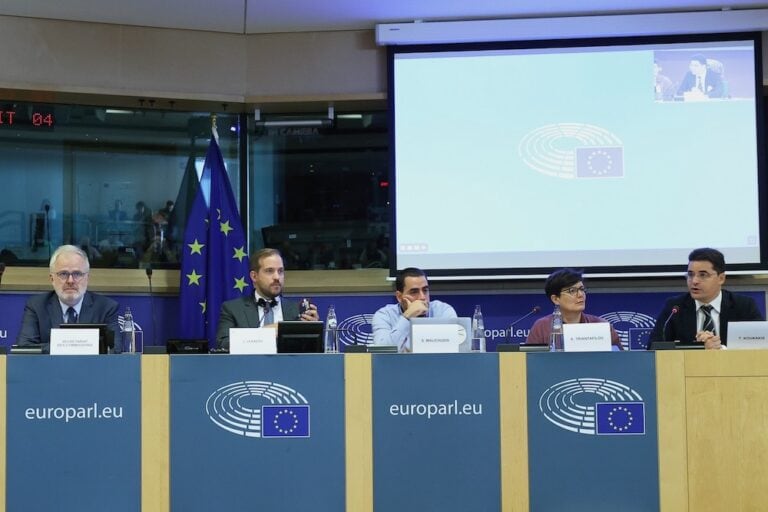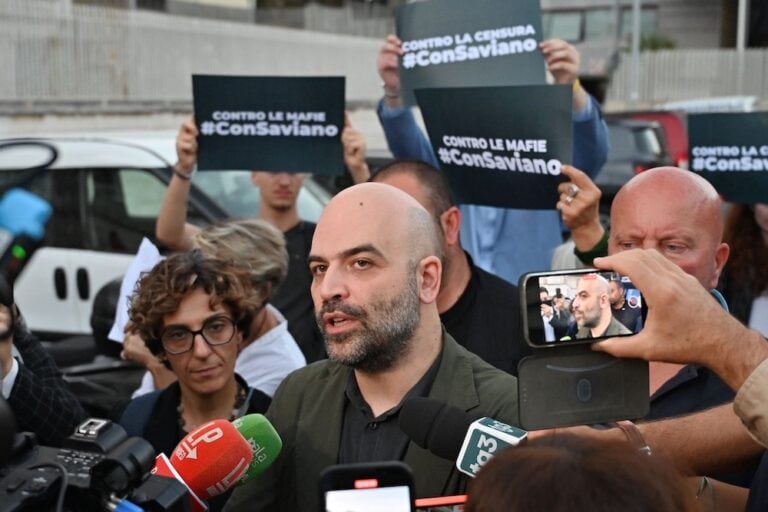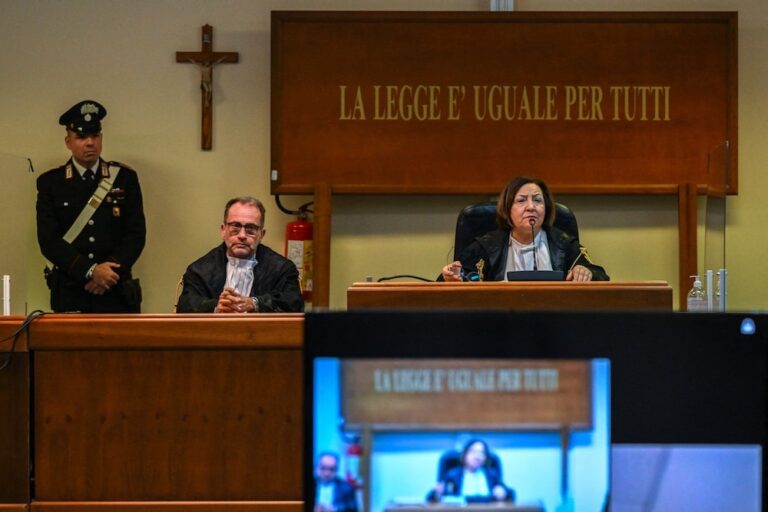The decree, which could take effect as early as 27 January, poses yet another threat to free expression in Italy.
(RSF/IFEX) – Reporters Without Borders is concerned about a proposed government decree drafted by communications undersecretary Paolo Romani that would require all websites showing videos to obtain a licence from the authorities.
The decree, which could take effect as early as 27 January 2010, envisages disproportionate fines of up to 150,000 euros for copyright infringement and poses yet another threat to free expression in Italy. Reporters Without Borders urges the Council of State to reject it in its entirety.
The press freedom organisation also condemns the government’s decision to issue a decree rather than submit a bill to parliament for debate and democratic control of the kind that is necessary in all states that respect human rights and free expression.
On the grounds of protecting copyright, including the copyright of TV stations owned by Prime Minister Silvio Berlusconi, the government is giving itself direct control over online video sites, whose continuing existence would depend on a licence issued by a government minister and not by a judge.
The decree would subject the exercise of freedom of expression to a system of prior authorisation on the grounds of preventing possible future copyright violations. This is in complete contradiction with the way the European Court of European Rights and article 11 of the Charter of Fundamental Rights of the European Union ( http://www.europarl.europa.eu/charter/pdf/text_en.pdf ) understand freedom of expression.
Abuses of freedom of expression are supposed to be punished after the event. This decree would judge and punish intended acts of expression before they are carried out. It would impose a system of censorship that violates the principle that people are responsible only for what they have said or expressed, not for what they may say or express in the future.
All websites that show or disseminate videos would be affected, including Youtube, Dailymotion, blogs and online news media.
It is also legitimate to fear such a preventive system on the grounds that it could be exploited in an arbitrary manner by the authorities in today’s volatile press freedom environment in Italy.


